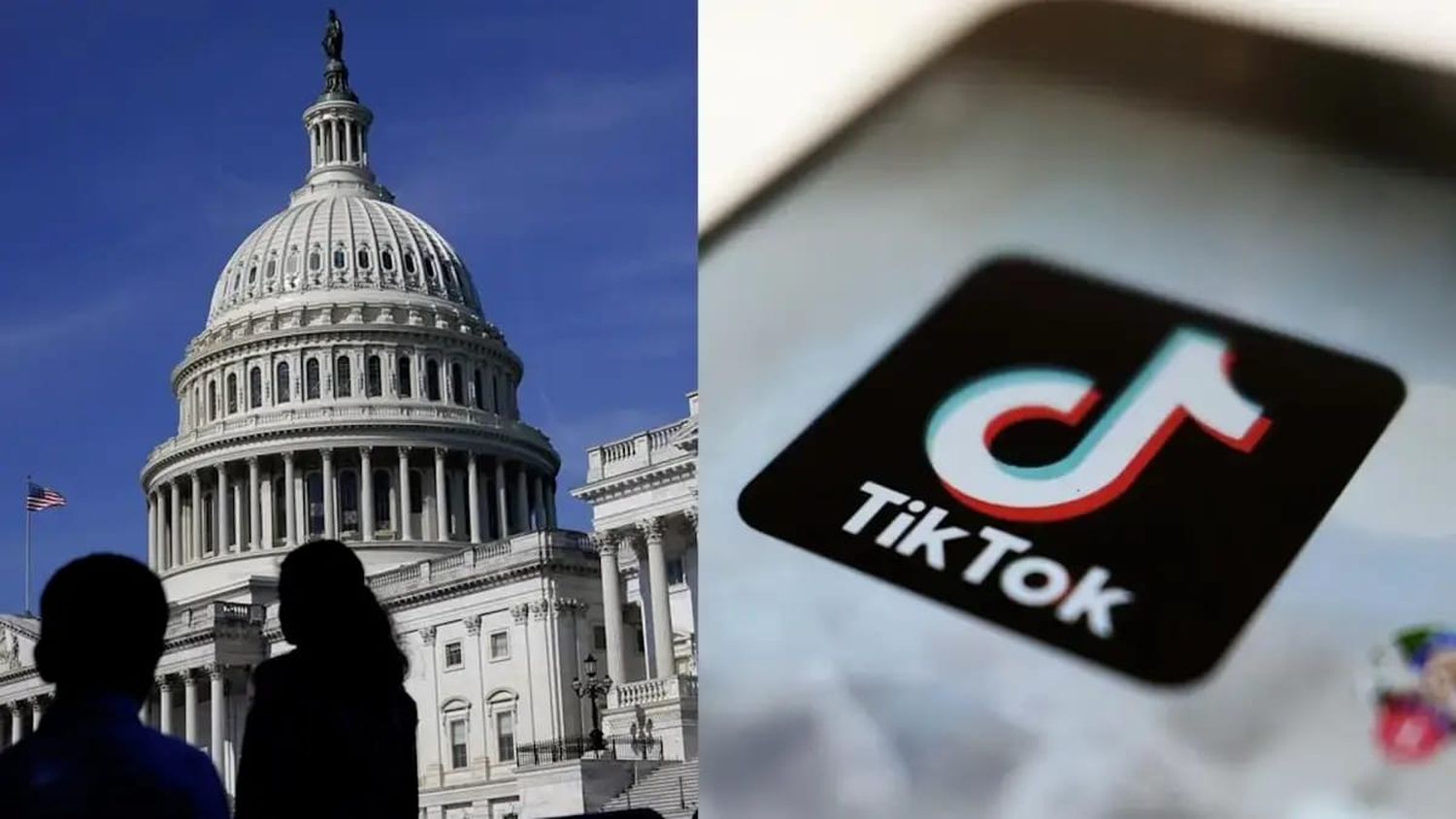House of Representatives
US House passes bill that could ban TikTok nationwide
In a decisive move that underscores growing concerns over national security, the U.S. House of Representatives has passed a bill that could lead to a nationwide ban on TikTok, the popular social media platform owned by the Chinese company ByteDance. This legislative action represents a significant escalation in the ongoing scrutiny of TikTok's operations within the United States and its implications for U.S.-China relations.
The bill, which passed with overwhelming bipartisan support in a 352-65 vote, mandates ByteDance to divest its interests in TikTok within six months or face a ban. This development is a clear indication of the bipartisan consensus in the House regarding the potential national security threats posed by foreign-owned applications, particularly those with ties to China.
The national security concerns at the heart of this legislative push stem from fears that the Chinese government could leverage TikTok to collect data on American citizens or influence the platform's content. These concerns are not unfounded, given China's national security laws that compel companies to cooperate with intelligence operations. The bipartisan support for the bill reflects a shared commitment to safeguarding American data and ensuring the integrity of the nation's digital landscape.
However, the bill's journey is far from over, as it now heads to the Senate, where its fate is less certain. Senate Majority Leader Chuck Schumer has indicated that the Senate will review the legislation, but the path to passage remains unclear. The Senate's response and the future outlook for this bill will be crucial in determining the extent to which the U.S. is willing to take legislative action to address national security concerns associated with foreign-owned technology companies.
The impact of this legislative move on U.S.-China relations cannot be overstated. The bill is part of a broader series of actions by Washington to address national security concerns related to China, spanning various sectors from advanced technology to infrastructure. The Chinese government has criticized the legislation, arguing that the U.S. has not provided evidence of TikTok posing a national security threat. This legislative action is likely to further strain the already tense relations between the two superpowers.
The bipartisan support for the bill in the House sends a strong message about the seriousness with which U.S. lawmakers view the potential national security risks posed by TikTok. As the bill moves to the Senate, all eyes will be on how legislators balance the need to protect national security with the complexities of international relations and the legal challenges that may arise.
This legislative effort reflects a growing consensus in Washington that the risks associated with TikTok and other foreign-owned apps warrant decisive action. As the debate continues, the outcome of this legislative push will have far-reaching implications for the future of digital security, the tech industry, and U.S.-China relations.

